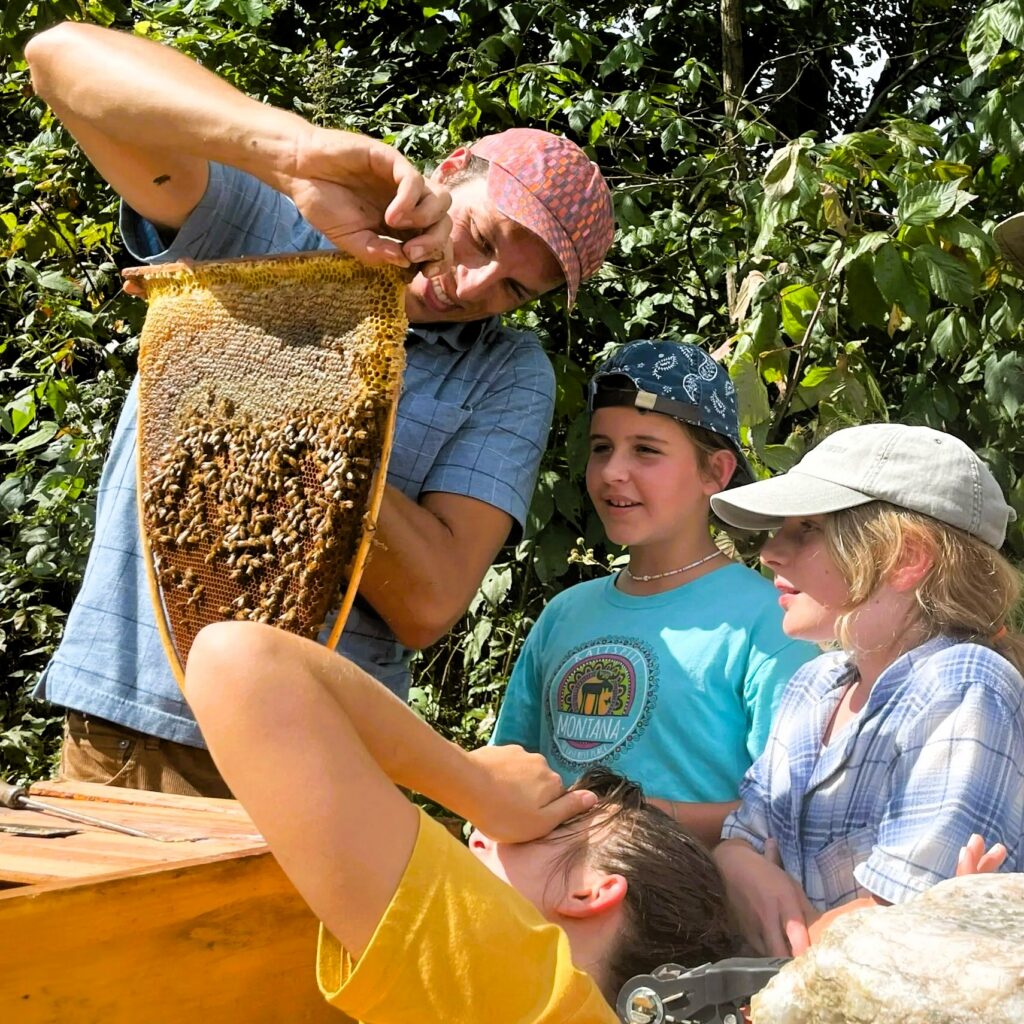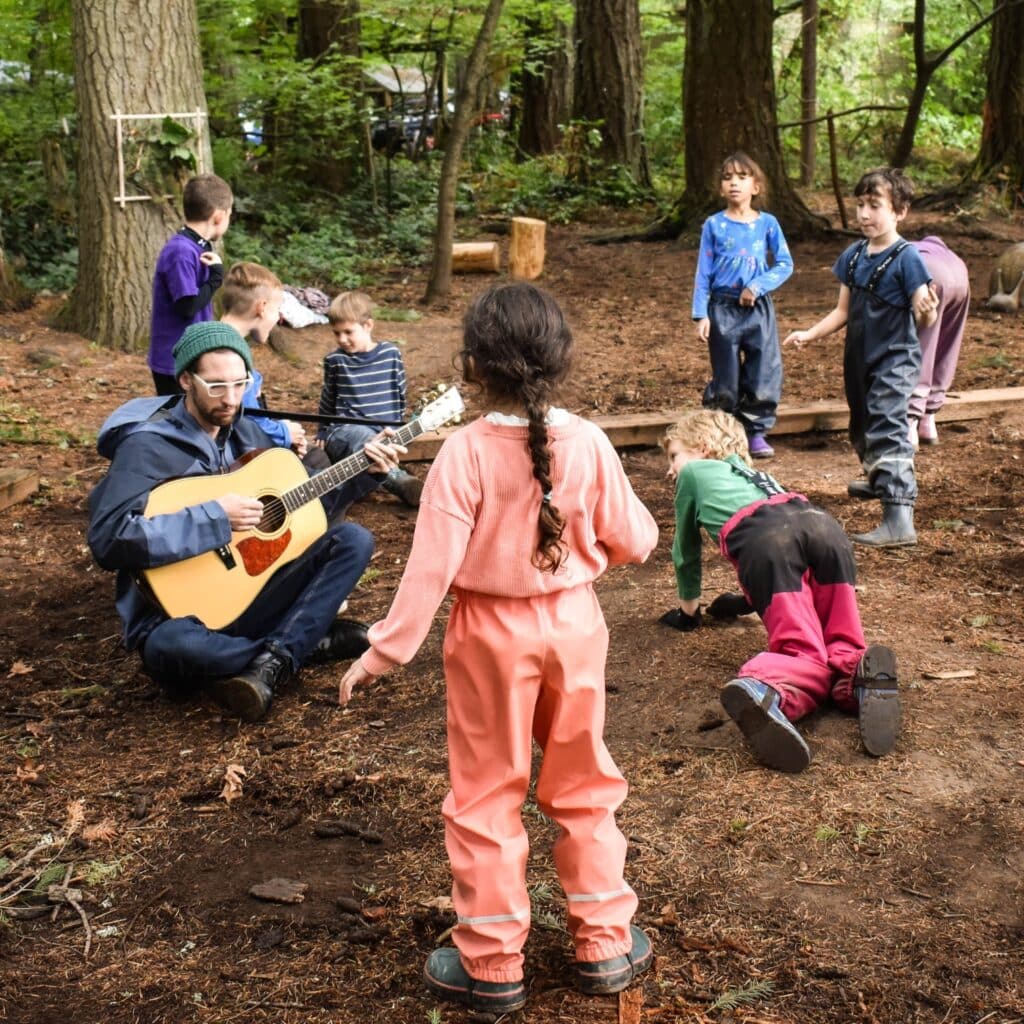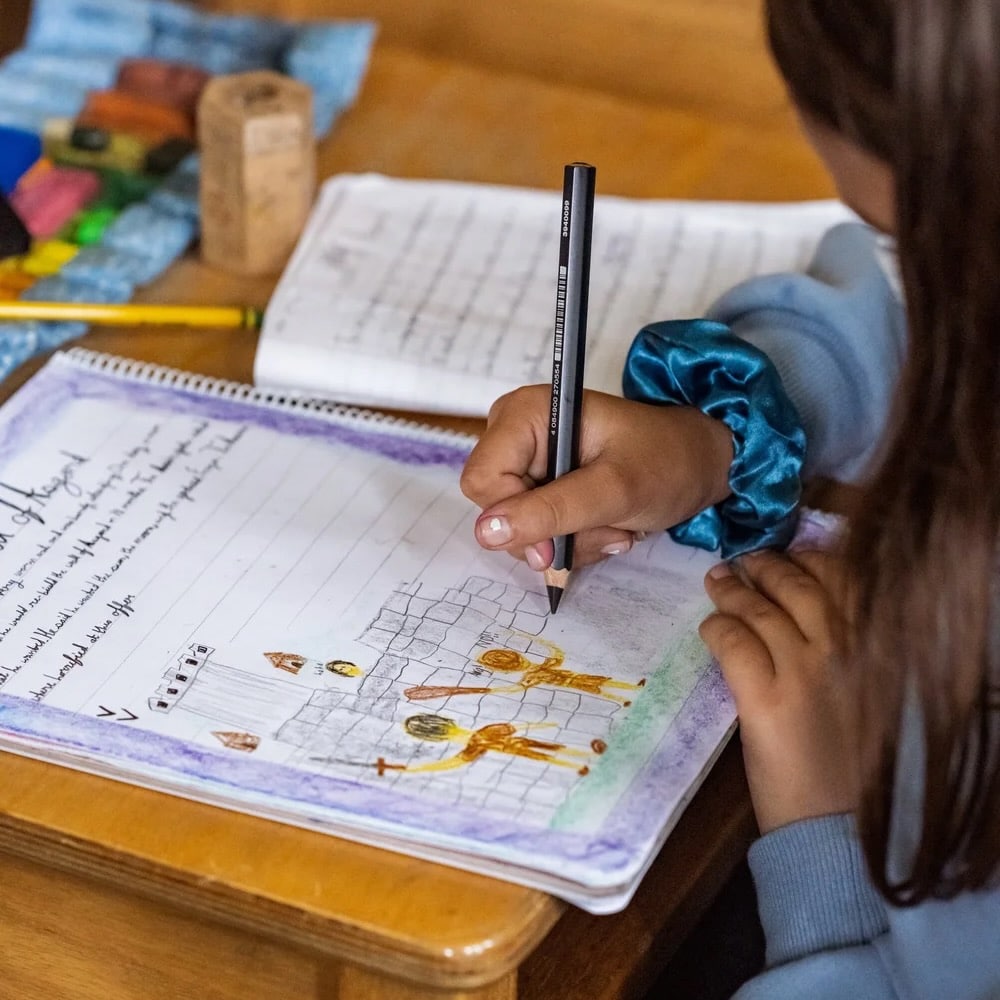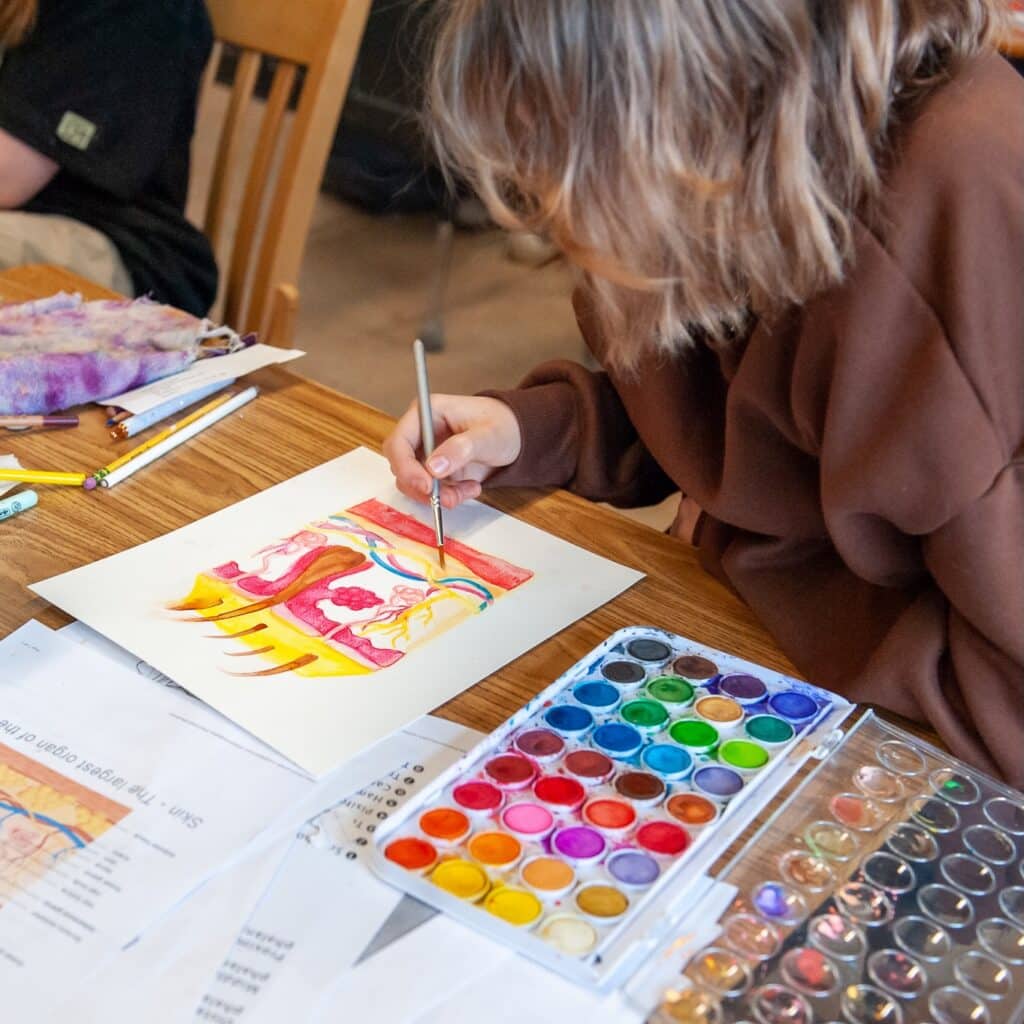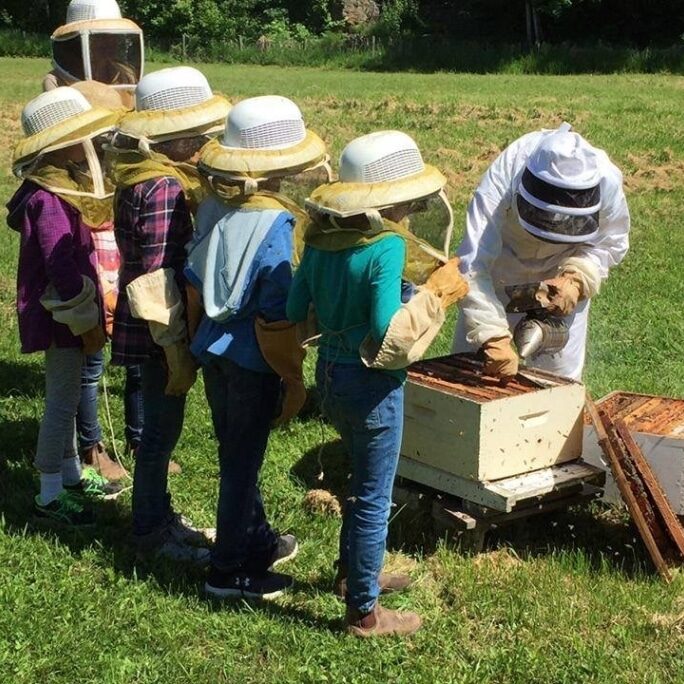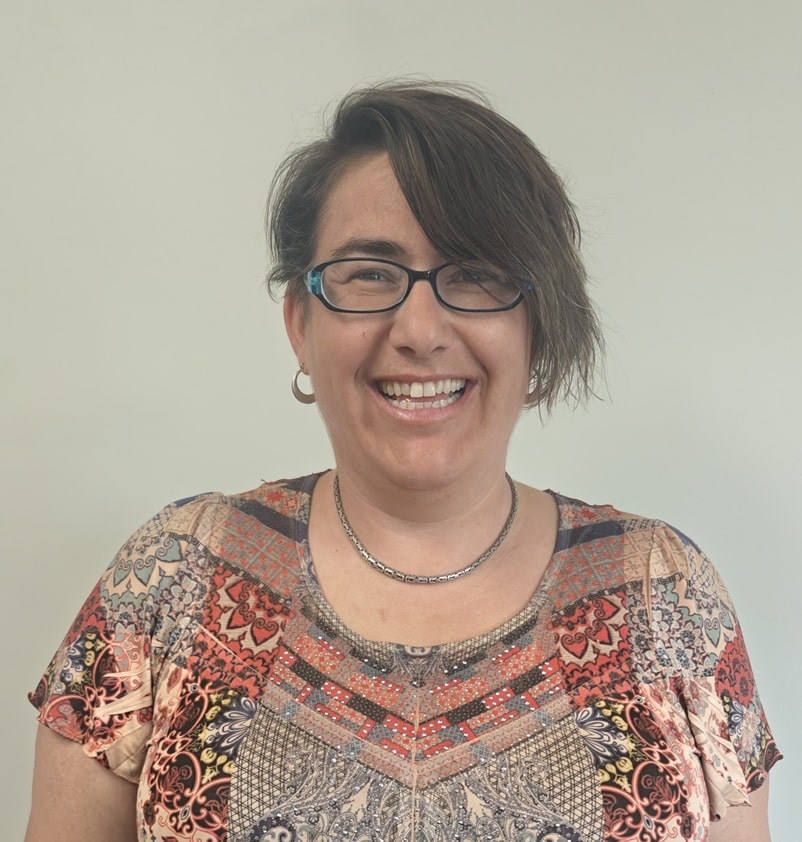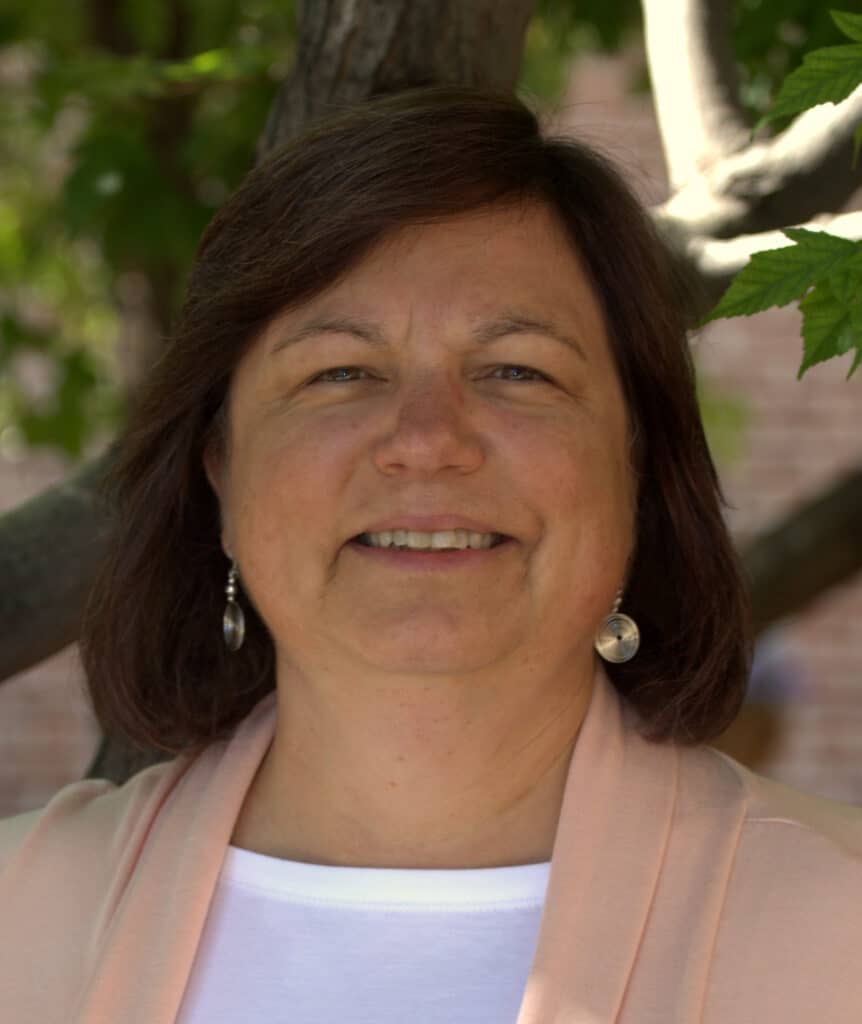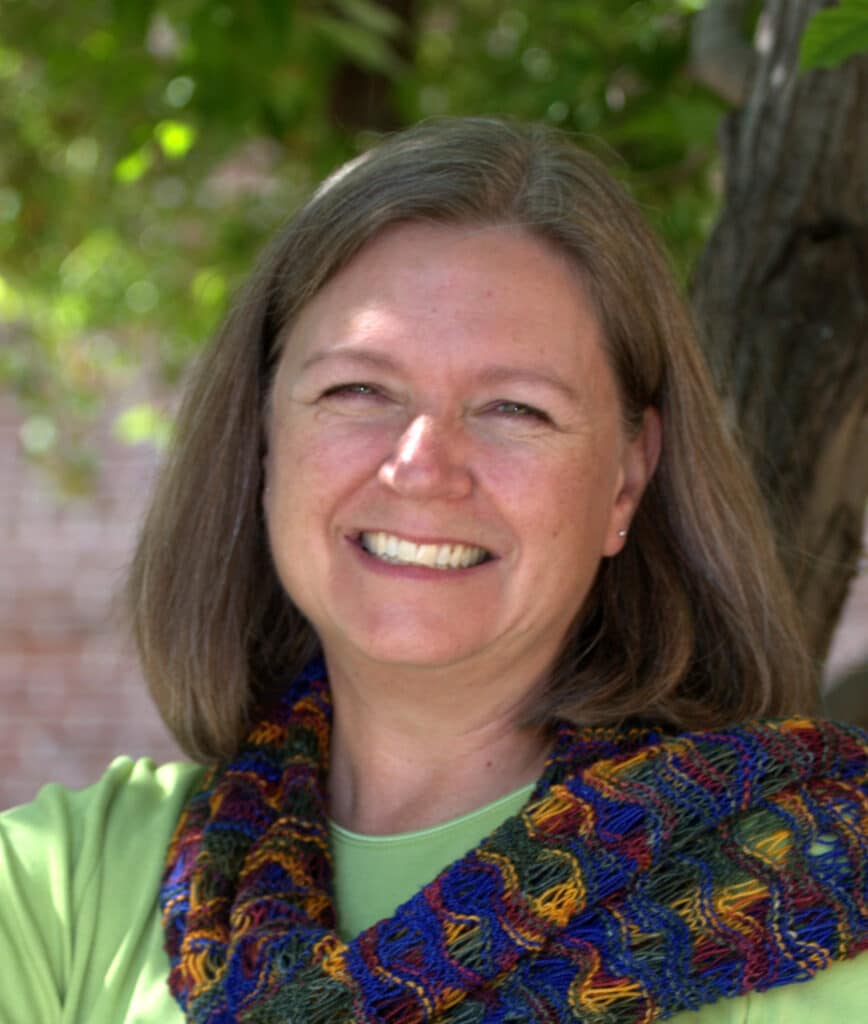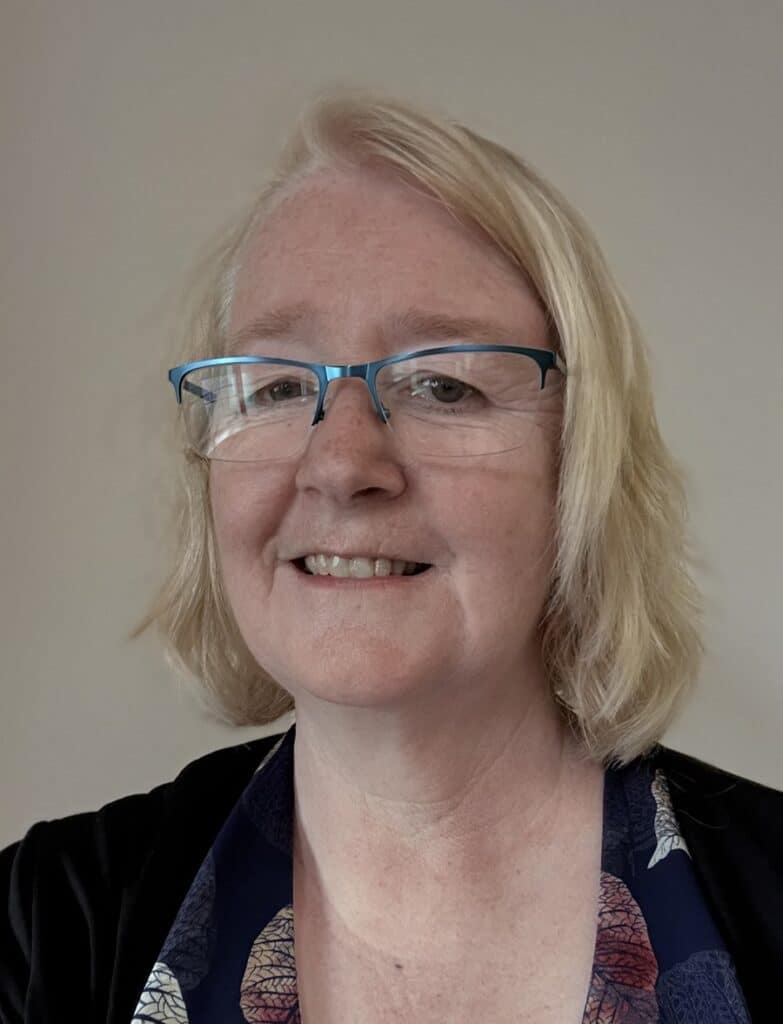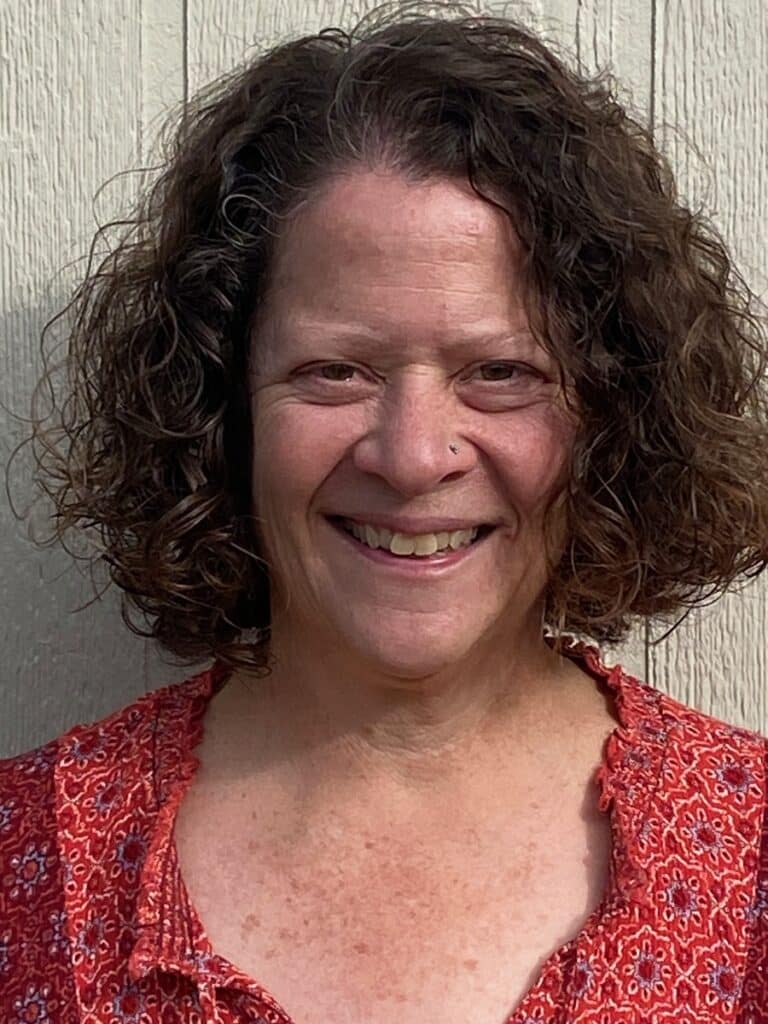Pam Leland brings a diverse and unique background to her role as AWSNA's Information & Systems Manager, where she has managed the organization's technology platforms since 2011. As a graduate of Macalester College with a B.A. in German, her career path started in education as a German language teacher and Fulbright scholar in Germany, teaching in public and private schools across the Midwest.
Her journey then led her to the field of leadership development, where she served as a certified Master Integrative Life Coach, a corporate leadership coach, and an adjunct faculty member in the University of Minnesota's Leadership Minor program. She discovered Waldorf education while homeschooling her own two children, which ultimately brought her to AWSNA, where her varied skills support the broader Waldorf community.
Pam is an avid organic gardener, balancing her work screen time with hands in the dirt, appreciating birdsong, buzzing bees, butterflies, and the occasional garden snake.


